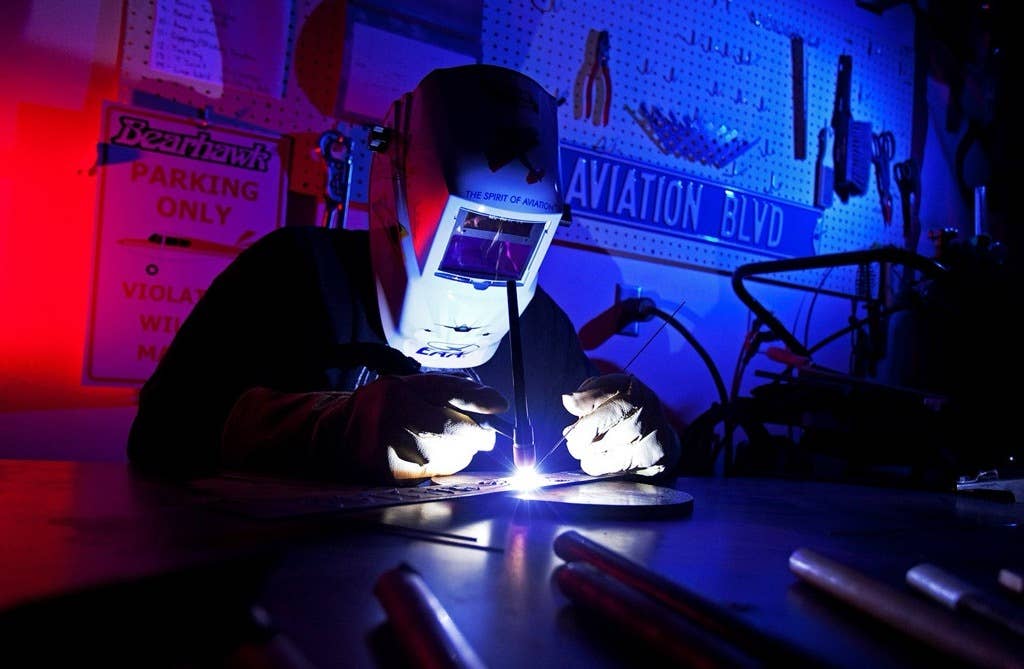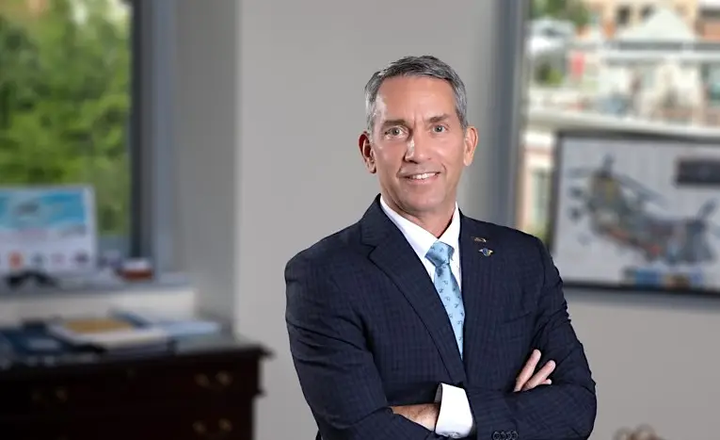Airplanes Making Rainbows, And Other PR Strategies
We need to take a lesson from the biz jets and start getting clean.
The phasing out of 100LL, a process that is sadly only beginning now, is an opportunity to cast light aviation, a segment that overwhelmingly still uses leaded gasoline, as clean. The point is, we don't really have to be clean, no more than cars and trucks do. We just need to be no dirtier than they are, at least in terms of emissions. It's something that the creators of our most common aviation gasoline, 100LL, got. Without saying so, the name implies that the lead content of our fuel is really, really low. It's not. In fact, as I've pointed out previously here, 100LL is lower in lead than only the leaded 100 octane that high-performance piston-powered aircraft used. It actually has more lead than the old 80 octane that is no longer widely available. The net outcome of our switch to 100LL means that our flying is possibly more full of lead than before.
Our path to sustainability is on the line, and I'm not talking ecological sustainability. Our very survival is on the line. The moves by the Santa Clara County Board of Commissioners to close two of the busiest GA airports is a template for other governmental entities to do the same. Pay for a friendly, supposedly impartial, test of the lead impact around the airport, which will show that there is an elevated amount of lead in those neighborhoods, only part of which is GA's fault, by the way. Poorer and older areas, which are often what surround in-city airports, have their own lead problems. Just look at Flint, Michigan. That sure as heck wasn't GA's fault.
But it doesn't matter. What matters is that voters are easy to convince on the subject because lead is scary. So the voters are fine with officials shutting down little airplane airports, which, let's face it, the residents find noisy, scary and/or a flaunting of wealth. It doesn't matter than none of those claims are very true---yes, truth is a spectrum. What matters is that they all sound true. So the interests of the city leaders, which are seldom best served by an airport, can be redirected by repurposing the airport as something else. Think housing developments and upscale shopping. There is big money in those things, the kind of money that civic and county leaders pay attention to.
What business aviation is doing now is brilliant. That is, they are switching as fast as they can to what they labeled Sustainable Aviation Fuel (SAF). What they should call it is Green Jet Juice, or something equally eco-friendly sounding. What SAF is, usually, is bio-fuel, which sounds too much like "bio-weapons" to be a good name for it. And the good part is, it actually makes a difference, and the fact is not lost on the folks at the National Business Aviation Association (NBAA), who waste no opportunity to publicize the latest news on SAF, none of which is particularly interesting in isolation. But in aggregate, it's brilliant. Imagine a world-wide fleet of privately owned jets emitting rainbows as they fly instead of hydrocarbons, and you get the picture.
And it's not entirely false, either. SAF does indeed cut emissions substantially both in its production and use. So bizav really is doing an environmental good by making the big switch, and boasting about it sends the right message.
We should do the same in light GA. We need to get behind unleaded aviation fuel with all the power of persuasion at our disposal. As is the case with SAF, unleaded avgas, once we get a usable blend widely available, is a winner in more ways that one.
In the meantime, we can do ourselves a favor by encouraging GA airports large and small to provide unleaded/no-ethanol auto gas at the airports. Lots of our planes are powered by engines that can legally use the stuff. Let's make it easy to do so and publicize the fact that Smallville Airport has gone green. Hopefully, over time, we can do so in actuality across the entire segment.

Subscribe to Our Newsletter
Get the latest Plane & Pilot Magazine stories delivered directly to your inbox






